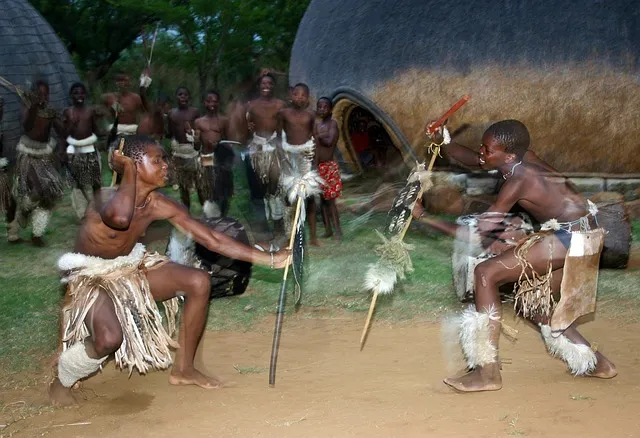The peak of British colonialism and growth occurred during Queen Victoria's reign (1837–1901), with scarcely a single year passing during which her armies were not engaged in battle somewhere in the empire. The Zulus, the final great native kingdom on the continent, were the most feared and revered of all the tribes the British battled in Africa.
The most modern weapons and technology were available to the British army. The officer corps was drawn from the upper classes of Britain, while the enlisted men represented the underclass and were subjected to severe punishment throughout the course of their lengthy service. The rank and file were among the best soldiers of their time, but the caliber of the leaders varied greatly because, in the battle against the Zulus, promotion depended more on riches than talent. The British used superior firepower to make up for their smaller numbers since they were better armed than their adversaries. In order to deliver nearly constant fire, the conventional British plan was to build one large or numerous small squares, with two to four ranks on each side.
When the main Zulu force was routed on July 4 at Ulundi, the Zulu capital, the same firepower and discipline proved crucial. Cetshwayo managed to flee, but his military influence was lost. Lord Chelmsford was credited with leading the British to victory at Ulundi, although he was about to be replaced by Sir Garnet Wolseley, who oversaw the demise of Zulu independence. After the battle at Ulundi, Cetshwayo was kidnapped and taken to England, where he met Queen Victoria. He returned to Zululand as king after two years, although he had little real authority. Zululand was incorporated into Natal Province in 1897.
Under British administration, the once-dominant Zulus were reduced to no more than another indigenous group. Even while they still have a strong tribal identity and were heavily involved in the country's first post-apartheid elections, they no longer use the short stabbing spears and cowskin shields that horrified the British people in 1879. Instead, they sell them as tourist souvenirs.

References:
Farwell, Byron, Queen Victoria’s Little Wars (New York: Harper & Row, 1972); Morris, Donald, The Washing of the Spears (New York: Simon & Schuster, 1965).
